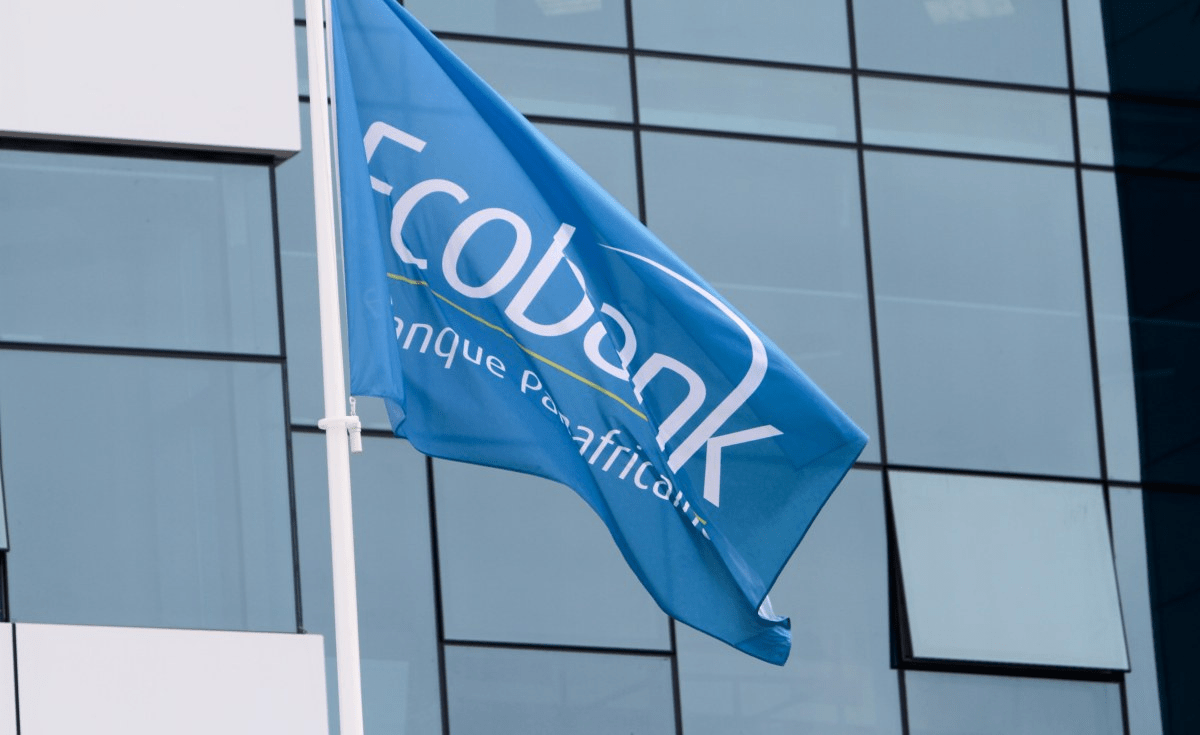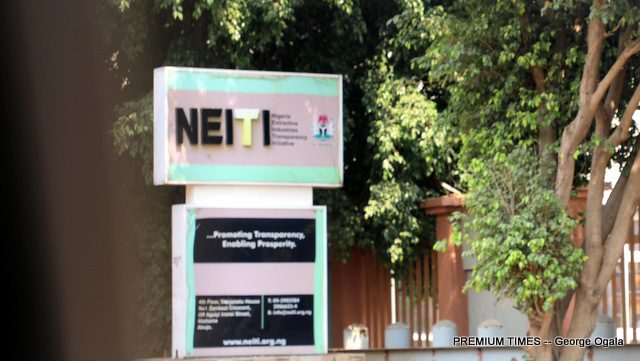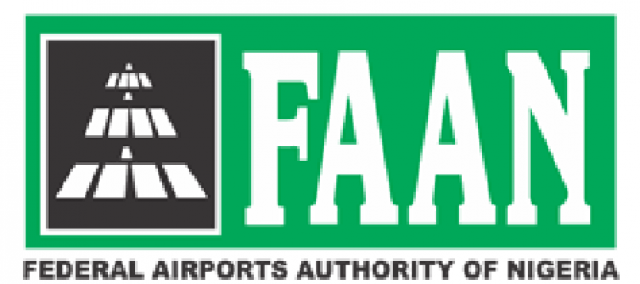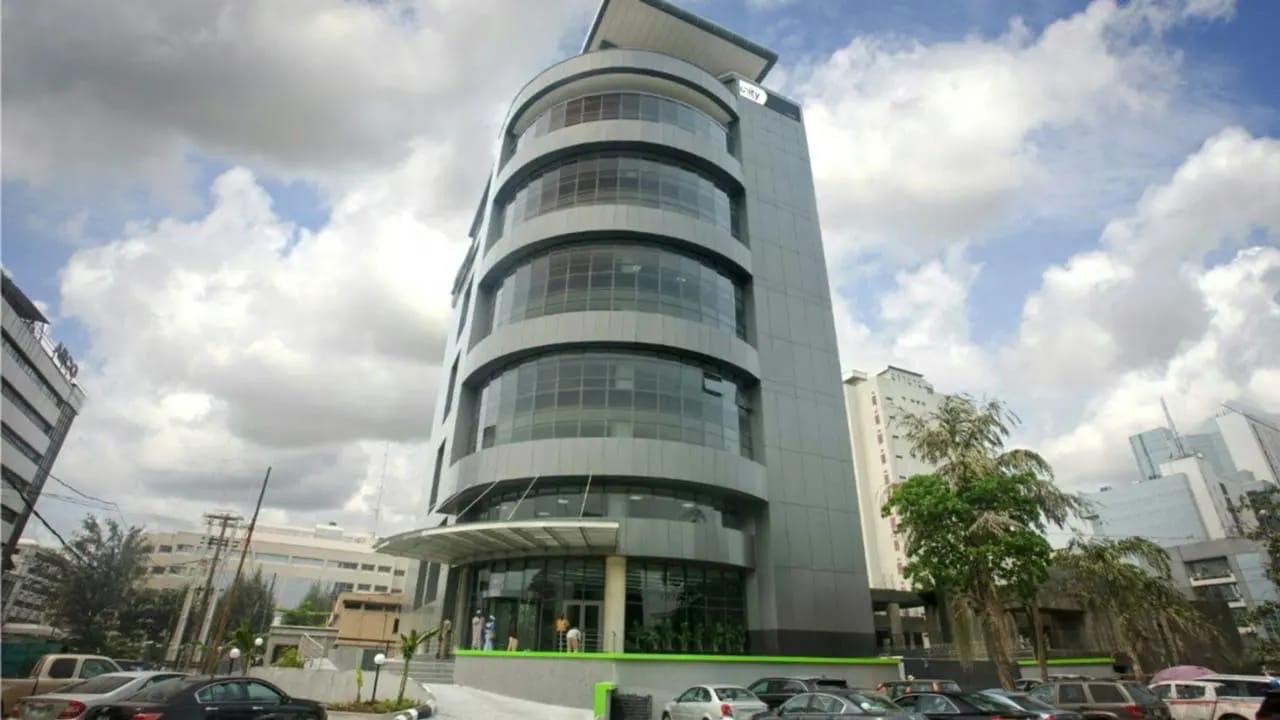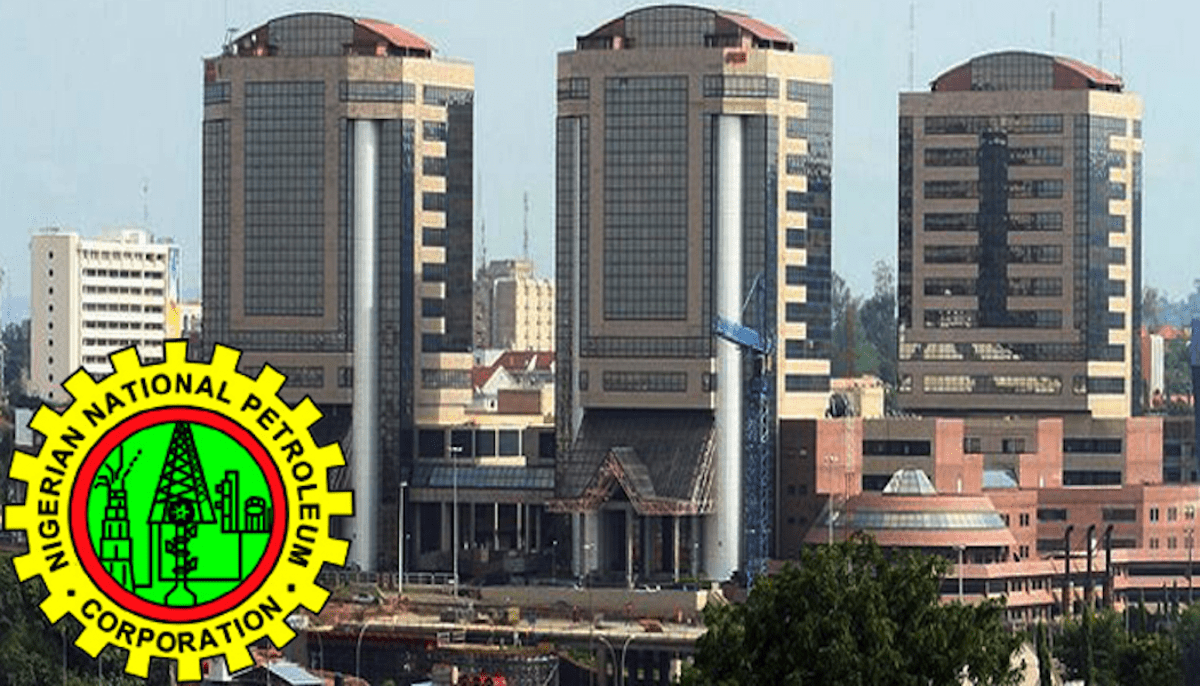By Princess G. Adebajo-Fraser
When President Bola Ahmed Tinubu assumed office, one of his foremost challenges was how to reposition Nigeria as a credible and attractive global investment destination. The country’s image had taken a beating — from worsening insecurity to currency instability to decades of policy inconsistencies that left many investors wary of committing capital.
Yet within months of assuming leadership, Tinubu has aggressively reset Nigeria’s investment narrative. His foreign policy outreach and dynamic engagement with global partners are already producing tangible results. Recent international visits yielded over $30 billion in investment commitments, focused on agriculture, livestock, food security, and industrial development. These sectors are not only critical for Nigeria’s economic recovery but also directly linked to poverty alleviation and job creation, particularly in Northern Nigeria, where underdevelopment and insecurity have long fed into each other
This level of commitment signals renewed confidence in Nigeria’s future. It also represents a shift in tone: for the first time in years, global investors are beginning to see Nigeria not merely as a risk but as an opportunity.
Tinubu’s efforts deserve commendation. Yet, as history repeatedly shows, optimism in the investment world is fragile. A single unresolved dispute can cast a long shadow, threatening to unravel the progress already achieved. For Nigeria, that shadow comes in the form of a 20-year-old investor dispute that refuses to go away.
A Legacy Dispute That Refuses to Die
Nearly two decades ago, a group of American investors injected close to $1 billion into Nigeria’s energy sector. The expectation was that this capital would fuel growth in a sector critical to Nigeria’s development. Instead, what followed was default by the government/energy players’ JV, resulting in massive losses for the investors.
Nigeria’s courts eventually ruled in favor of the investors, ordering both a refund and compensation. But successive governments have failed to honor that judgment. Despite persistent efforts at dialogue and mediation — led by Fraser Consulting on behalf of the investors — no resolution has been implemented till date.
The investors, having shown extraordinary patience, are now at the breaking point. Reports suggest they are preparing to file a suit in the United States against the Federal Government of Nigeria.
This is not simply a matter of unpaid debts. It is a litmus test for Nigeria’s credibility in the global marketplace. At stake is the very perception of Nigeria as a trustworthy destination for foreign capital.
Why This Matters for Tinubu’s Drive
Foreign Direct Investment (FDI) is not just about money flowing; it is about confidence, trust, and stability. Investors are not gamblers — they are partners seeking certainty that contracts will be respected, judgments will be enforced, and their capital will be protected.
History offers sobering lessons. Countries that failed to protect investor rights quickly found themselves isolated. Conversely, those who prioritized investor protections became magnets for growth.
Vietnam is a prime example. Two decades ago, its economy was struggling. Today, it draws in over $28 billion in FDI annually, thanks largely to its robust legal framework, respect for contracts, and commitment to investor security.
Rwanda, once scarred by genocide, made deliberate reforms to protect investors and streamline business processes. Today, Kigali is a recognized hub for innovation and international investment in East Africa.
Ghana, Nigeria’s West African neighbor, avoided reputational damage by ensuring arbitration mechanisms were respected. This has allowed Ghana to consistently attract foreign investment despite its smaller market size.
Nigeria, with its population of over 200 million, abundant natural resources, and a youthful workforce, should be leading Africa in attracting global capital. Instead, unresolved disputes like the American investors’ case send the wrong signal: that even when Nigerian courts rule, enforcement may not follow.
If this dispute escalates to the U.S. courts, the story will shift. Instead of headlines about $30 billion in new commitments, the global narrative will be about Nigeria being sued in America for defaulting on obligations. That perception could deter new investors just when Nigeria is beginning to regain momentum.
The Broader Context
Investor confidence is not built overnight. It is earned through consistent actions that show a government’s seriousness about reforms. Tinubu has made strides:
He has eliminated fuel subsidies, a politically difficult but fiscally necessary move.
He has re-engaged with multilateral and bilateral partners.
He has unlocked record levels of investment commitments in just months.
But confidence can collapse overnight if unresolved issues are left to fester. The American investors’ case is not just about one group; it represents the broader question: Can Nigeria be trusted to honor its word?
It is worth noting that Nigeria has faced similar reputational setbacks in the past. The P&ID case, in which the government was accused of mishandling a contract dispute, almost cost Nigeria $11 billion in damages. That case severely damaged Nigeria’s credibility although the revelations later effected a level of damage control. Allowing another similar dispute to escalate — especially in the U.S. courts could be disastrous before the election period.
The Way Forward: Urgency and Resolve
The solution is both simple and urgent: settle the dispute now.
- Direct Presidential Intervention:
President Tinubu should personally intervene to ensure the court judgment is honored and claims, compensation paid immediately. His political capital and reformist credibility give him the authority to act decisively. - Signal of Commitment:
By resolving this case quickly, Nigeria would send a powerful signal to the world: “We respect our investors, we honor our contracts, and we are serious about growth.” - Institutional Reforms:
Beyond one case, Nigeria must institutionalize mechanisms for investor protection — including strict enforcement of arbitration outcomes and judicial rulings. - Transparent Communication:
The government should actively publicize both its $30 billion gains and its willingness to resolve old disputes. Transparency builds credibility.
Comparative Advantage and Opportunity
Nigeria is uniquely positioned to outperform peers if it learns from global examples. Vietnam leveraged manufacturing; Rwanda leaned into services and technology; Ghana built credibility with arbitration. Nigeria, with its scale and resources, can excel in all three if it builds trust.
Global investors are hungry for opportunities in Africa. But they are also cautious. They will go where contracts are secure, judgments are respected, and governments act decisively. Nigeria can be that destination — but only if it closes the credibility gap.
A Defining Moment
President Tinubu’s investment diplomacy is off to a strong start. He has restored optimism, brought in record commitments, and rebranded Nigeria as open for business. But momentum can vanish overnight if legacy disputes remain unresolved.
The National Patriots commend the president for his bold steps so far and appreciate his approval of the investors’ claim. But we appeal to move beyond approval to implementation. Prevent this dispute from escalating into a global embarrassment.
Nigeria’s economic future depends not only on attracting new money but also on keeping faith with those who believed in us first.
If Tinubu secures both — welcoming new investors while honoring old commitments — he will not only be remembered for $30 billion in pledges but for restoring Nigeria’s credibility and unlocking its true potential.
•Princess G. Adebajo-Fraser MFR is founder, The National Patriots; International Consultants, Perception Management Expert.
The post Tinubu’s Investment Drive: Bold Gains, But One Lingering Case Could Derail Investor Confidence appeared first on THISDAYLIVE.







